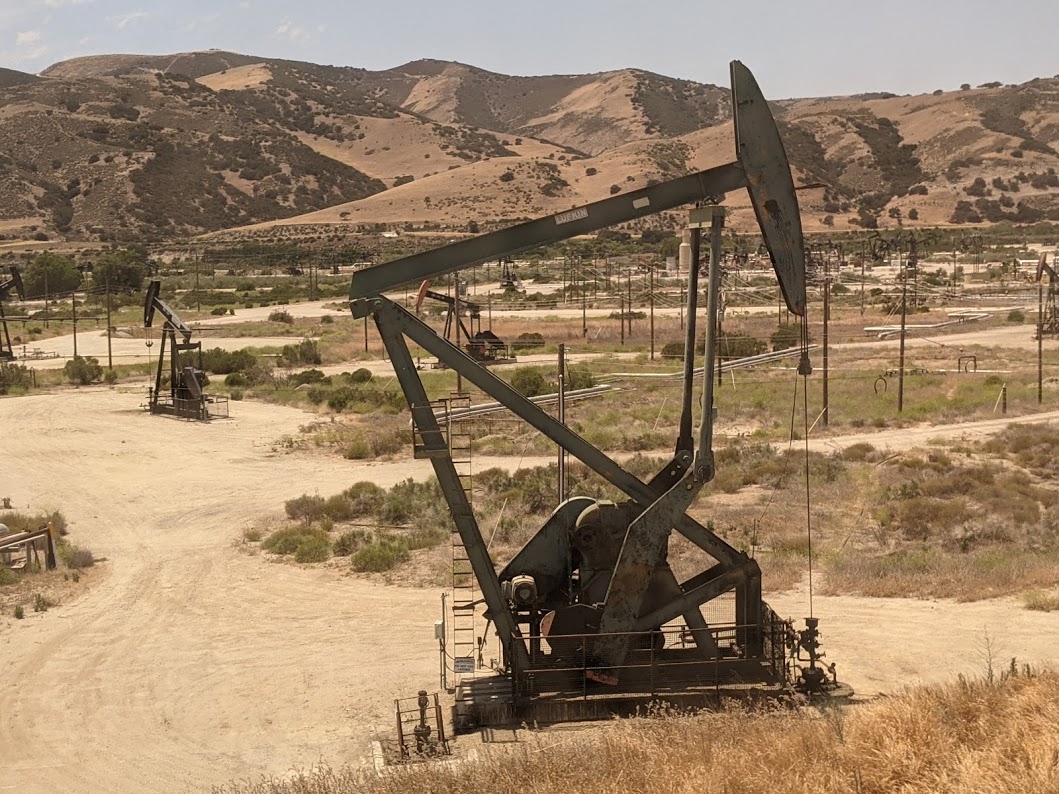Note: GJEL Accident Attorneys regularly sponsors coverage on Streetsblog San Francisco and Streetsblog California. Unless noted in the story, GJEL Accident Attorneys is not consulted for the content or editorial direction of the sponsored content.
The COVID pandemic decimated ridership on most American rail transit. But with gas prices through the roof, it's slowly coming back. From a recent BART tweet:
Yesterday, March 24, was our highest single-day ridership record since March 2020. We recorded 138,794 riders, 34% of pre-COVID projections for a March weekday.
— BART (@SFBART) March 25, 2022
More riders are returning to BART. Save some money, skip the traffic and the pump.
Fill up on public transit today! pic.twitter.com/BxOBbb0IgU
BART still has a long way to go. And all commuter-focused transit agencies are going to have to rethink their schedules, frequencies, and fare structures to serve a wider clientele if they want to survive.
That said, the ExxonMobil and Koch-funded Reason Foundation couldn't resist the urge to use BART's pandemic ridership drops as its latest justification for arguing that a major rail project should be aborted. Take its Feb. San Jose Mercury News op-ed entitled "BART, with fewer riders, should halt second transbay tunnel plan." From the article:
BART does not expect anywhere near a full recovery anytime soon. By 2032, even assuming a successful completion of the extension to San Jose and Santa Clara, BART ridership is projected to reach only 70% of pre-pandemic projections. And few passengers boarding at new BART stations in the South Bay will use a tunnel between Oakland and San Francisco because they can simply take Caltrain to reach downtown San Francisco.
Almost comically, the Reason Foundation piece hit "newsstands" the same time Putin invaded Ukraine, making already rising gas prices go berserk, pumping up transit ridership everywhere.
It's not as if the Reason Foundation will change its mind and support a second Transbay rail crossing if and when ridership returns to pre-pandemic levels. Reason will just find a new excuse, no matter how tenuous, to be against it and anything else that gives people fast, reliable options for getting around that don't require buying and burning gas.
For example, in 2019 Reason wrote an editorial claiming high-speed rail won't result in cleaner air because its electric trains will somehow simultaneously run without passengers and take drivers of electric cars off the road. Or there was their now-classic piece about how ridership on L.A.'s then-newly-opened Exposition light-rail line was lower than projections--at a time when only the first half of the line was operational.
There are tons of legitimate criticisms to be made of how rail is built and run in the Bay Area and throughout the state and country. Streetsblog does not hesitate to call out SFMTA, BART and other rail agencies when they adopt policies that hurt ridership, such as stopping trains at intersections to let single-occupant cars pass.
But Reason's "policy analysts" never engage in those conversations, unless there's a stifle-passenger-rail angle to it, especially electrified rail. That's because Reason is not and never was about trying to encourage transportation policies that they believe will better serve mobility needs. Its raison d'être is to sow disinformation in the interest of protecting the profits of ExxonMobil, Koch and the petroleum economy. Why else would oil companies write checks to a "think tank" such as Reason and its brethren? It's not as if these think tanks are doing research into new drilling or refining techniques to help oil companies directly. The answer is simple: if an oil company executive ran an editorial in the San Jose Mercury News against rail, people would dismiss it for what it was--an attempt to stifle competition. It probably wouldn't be accepted in the first place. So they pay front groups to do it.
Newspapers need to vet content and make sure they only run submissions that are intellectually honest and based in fact. Moreover, with a Reason or other think-tank editorial, readers deserve to know who pays their rent. A newspaper subscription should buy some basic editorial scrutiny, even with an opinion piece.






